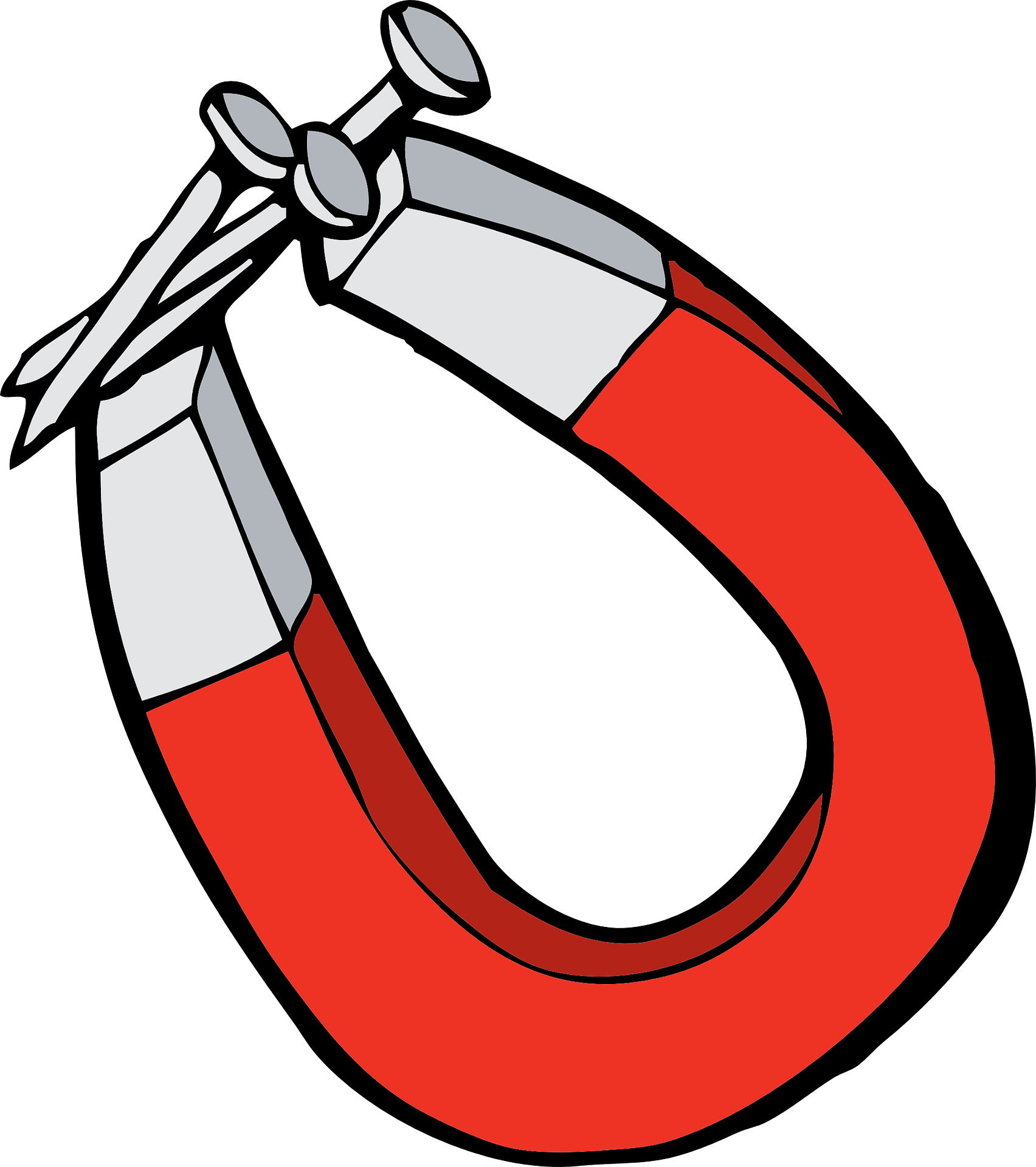3 Interview Questions You Should Ask That Will Predict Job Performance

Ahhh the interview! So much content around this topic it almost hurts our eyes. And we get it – the interview is a critical stage in the recruitment process so it makes sense for writers to generate floods of content on this topic. Recruiters are under severe pressure to generate a list of high-quality candidates for interview and with the costs of a bad hire becoming increasingly transparent, recruiters and hiring managers are at a high risk of being in the firing line when blame is being apportioned if a recent hire doesn’t work out.
So we’re going to give you our take and cut through the bullsh*t. It’s time to take a look at the interview questions you ask and determine if these are actually telling you something about your candidate. Seasoned interviewers develop a short list of best questions they always ask but we believe these 3 questions will immediately tell you more about the person behind the resume – their personality, their skills, and their weaknesses. It’s your decision whether to ask these questions during the screening process or the face-to-face interview.
(Handpicked Related Content:
Interview Questions That Top CEOs LOVE to Ask (Infographic))
Must-Ask Interview Question #1: What attracts you to this role?
It’s a fairly obvious question to ask but are you actually listening to what the candidate has to say here? There’s no point just listening to the candidate stroking the company’s ego and stating how ‘cool’ it would be to work there and test out the ping pong table. You are looking for an answer that goes way beyond this. Ideally, you want an answer that not only tells you why the candidate wants to work for the company, but also why this candidate wants this specific job. Hiring managers will immediately drop candidates who don’t display clear motivation so it’s important you make sure this candidate is passionate about the role before passing them along.
When listening to your candidate’s answer to this question, you should evaluate it according to the following areas:
- Do they have a fair idea what the company does and how their products/services help people?
- Do they have a clear idea of what this role entails?
- Do they think they will be able to showcase their skills in this role?
- Are they passionate about this type of role?
- What specifically motivates/drives them to get out of bed in the morning and perform this role?

What attracts you to this role?
Must-Ask Interview Question #2: What is your greatest achievement?
A great question to ask that allows you as an interviewer to get an insight into what your candidate values and what they consider to be important. It also demonstrates what the candidate considers to be an achievement. The question helps you gauge whether this candidate will be have the requisite skills and knowledge to achieve the goals you have in store for them. Ideally you want an answer that shows their understanding of what a difficult goal/achievement is, and that also displays their work ethic while maintaining high standards of work quality.
Typically, candidates give a 1-2 minute overview of their achievement but you want a complete answer and a deeper sense of the accomplishment. One way of doing this is applying STAR criteria to your questioning. This means asking the following questions:
- Situation: Can you please describe the task, challenge, project, or problem?
- Task: What goal were you working toward? What did you have to achieve?
- Action: What did you do? What specific steps did you take and what was your particular contribution?
- Result: Describe the outcome of your actions. What did you achieve through your actions and did you meet your objectives? What did you learn from this experience and have you used this learning since?

What is your greatest achievement?
Must-Ask Interview Question #3: How would you solve this problem?
Whereas the previous question focuses on past performance, this question involves you presenting a fictional problem (it can be real also!) around something specifically related to their job function alone. We find this question can really separate the top candidates from the average ones as candidates must act on the spot and walk you through his/her approach of solving this problem, as well as their thinking process throughout. Candidate answers to this question reflect their job-related problem-solving skills, creativity, strategic thinking, and planning ability.
A tip from us would be to keep the problem as realistic and relevant as possible. Otherwise, you won’t learn much about the candidate’s problem-solving skills. Try presenting a current problem the job function is experiencing as the ability to solve this is a good predictive factor for job performance. Ask the candidate to walk you through the steps they would take to solve the issue. Before the interview, we would recommend making a list of the essential steps and deduct points if the candidate omits these in their answer e.g. consulting other business units, identifying key performance indicators etc.

How would you solve this problem?
So these are the 3 questions that we believe are the best predictors of job performance. The reason we chose these questions is because they not only help determine if the candidate is driven and motivated about the role but also determine if they actually have the skills to perform the role. By asking these questions, you are at less risk of making a bad hire because of a flawed interview process.
